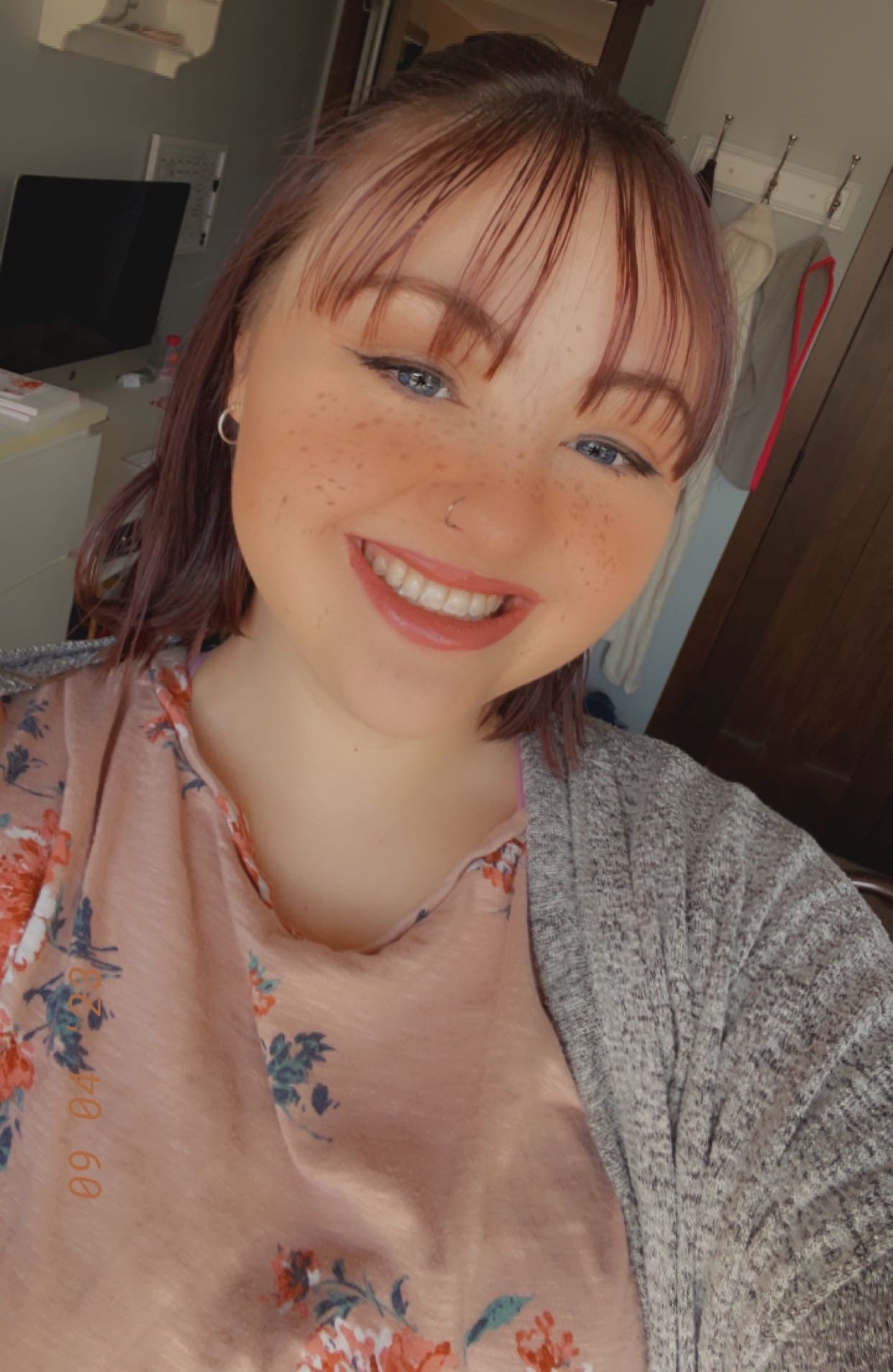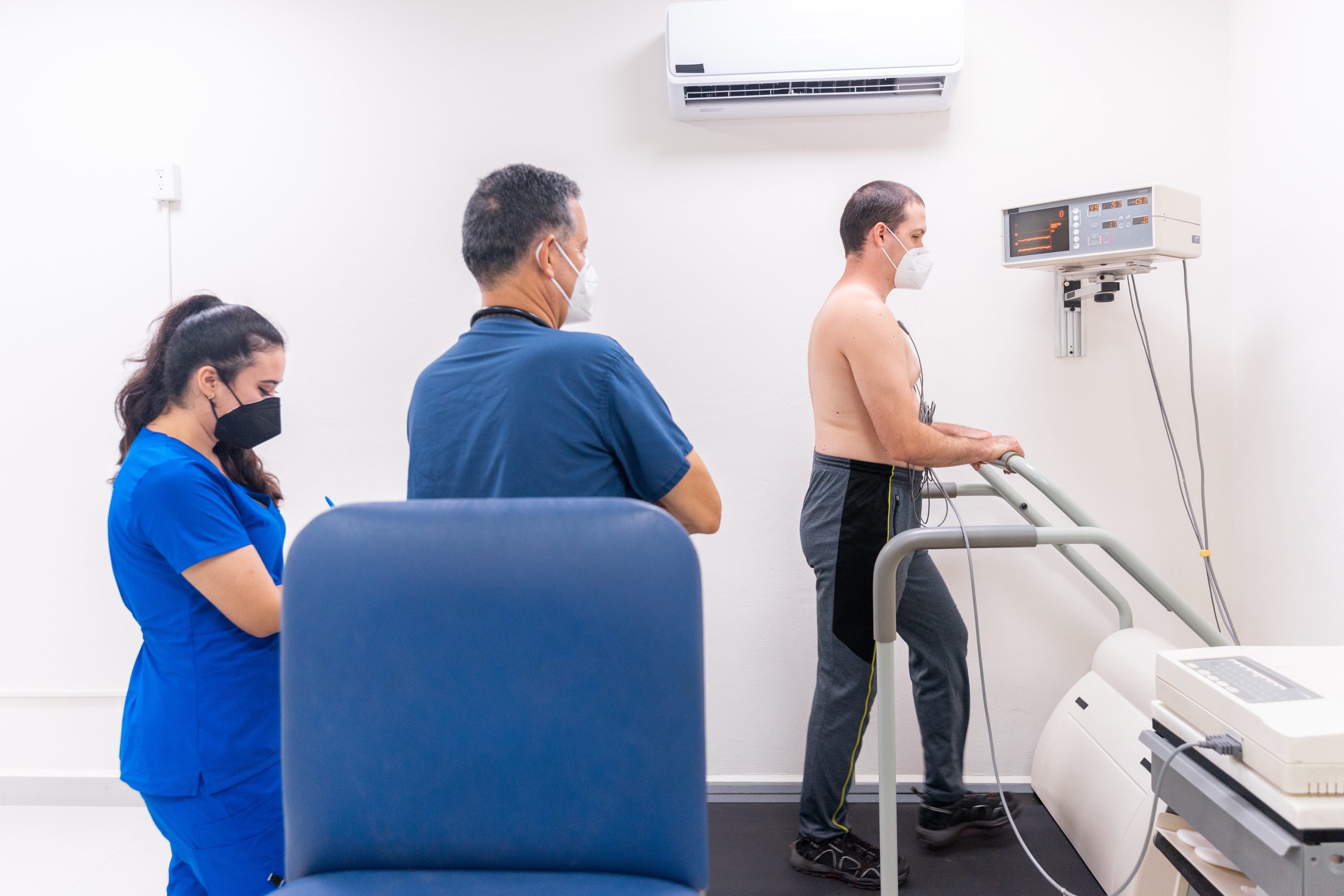A remarkable woman with a unique form of Down syndrome has bravely shared her journey of self-acceptance and resilience, despite facing skepticism and derogatory remarks from others.
Throughout her childhood, Grace Flaherty faced difficulties in school, struggling with tasks that seemed effortless to her peers, such as basic mathematics. It wasn’t until later that her parents revealed the truth: she had Mosaic Down syndrome with translocation, an exceptionally rare diagnosis that affects only 1% of individuals with Down syndrome.
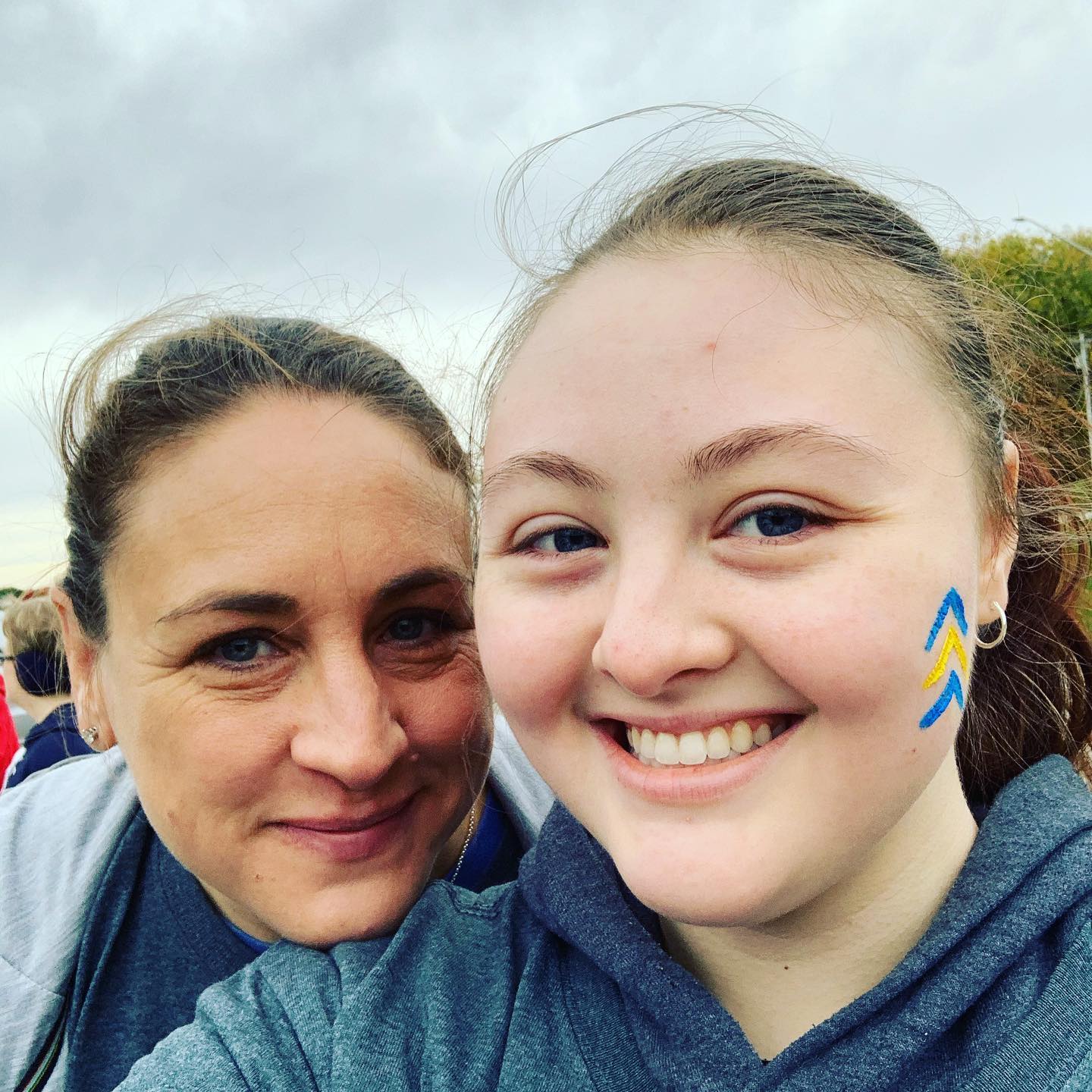
Unlike the typical facial features associated with Down syndrome, Grace’s condition presents differently. Approximately 60% of her cells have an extra chromosome, some of which have attached to another extra chromosome. This unique manifestation has led people to doubt her condition and even label her a “liar.”
Undeterred, Grace has taken to TikTok to raise awareness about her condition. One of her videos garnered an impressive 1 million views and over 125,000 likes. However, she continues to face doubters and accusations of fabrication.
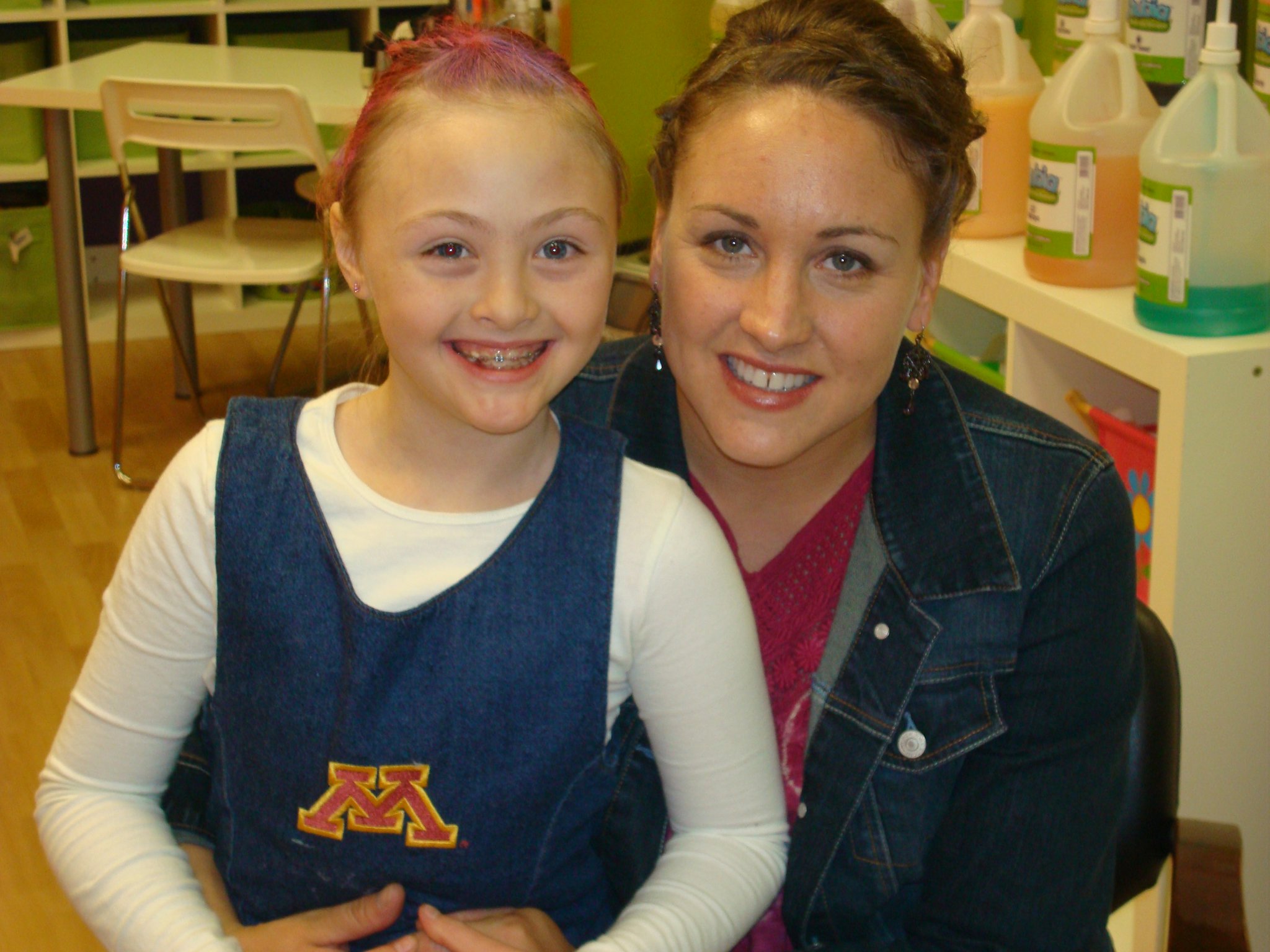
“People have accused me of faking and outright lying,” shared the 22-year-old student from Minnesota, US, in an interview with NeedToKnow.co.uk. “Although I have provided evidence in the past to prove my condition, I now choose to ignore such comments. There was one incident where I showed a person a picture of my chromosomes, but even then, they refused to believe me, stating, ‘You don’t look like you have it.'”
Grace’s journey has not been without its share of challenges. She has experienced bullying due to her Down syndrome, with a particularly painful memory from 10th grade when a classmate mocked her for needing a calculator as an accommodation. The incident left her speechless and devastated, fleeing the classroom in tears to find solace in the bathroom.
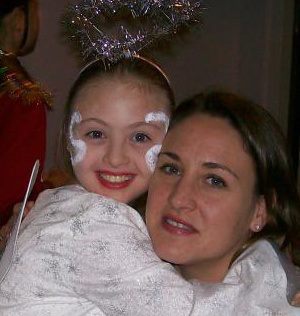
Her diagnosis came just 10 days after birth when a paediatrician identified one of the ten signs of Down syndrome—her distinctive eye shape. Grace’s parents decided to disclose the diagnosis to her at the age of eight, using her late cousin, who also had Down syndrome, as a reference point to help her comprehend the condition. This revelation shattered her heart, filling her with fear and uncertainty about her future.
Despite her initial apprehension, Grace made a conscious effort to suppress her condition, longing for acceptance and popularity. However, it was during a science project on Down syndrome that she experienced a transformative moment. Presenting her project to judges and classmates, she opened the floor for questions, and to her surprise, a third of the class eagerly raised their hands. In that moment, she realized that to be loved by others, she needed to love herself first.
In her TikTok videos, Grace not only provides information about the various types of Down syndrome but also shares her personal journey, proudly declaring, “It’s a part of me, and I wouldn’t change it for anything.”
Viewers have flooded the comments section with reactions, applauding the 22-year-old for educating and enlightening them. Vicki expressed gratitude, saying, “I wasn’t aware of the different types. Thank you for the education.” Kim Trilly, a nurse, admitted her own lack of knowledge, stating, “I had no idea there were different types of Down syndrome.”
Other users chimed in with supportive messages. One commenter, touched by Grace’s openness, remarked, “Thank you for sharing. I had no knowledge of Mosaic Down Syndrome. You’re a beautiful young woman! Wishing you all the best.” Elmina highlighted the importance of disabled individuals embracing their disabilities, stating, “It’s crucial to acknowledge that we exist! Visibility matters.”

While some admired Grace’s physical appearance and suggested she pursue a career in modeling, such as Emily Moore, she remained focused on her mission. “I want people like me to feel less alone,” she emphasized. “Individuals with any form of Down syndrome should know that they are seen and heard. We are ‘normal’ people who are capable of achieving anything, although it may take us longer.”
Grace also expressed her desire to eradicate hurtful language, urging society to abandon the use of the derogatory term “r***rd.” Furthermore, she aimed to empower parents by assuring them that their children have bright futures ahead. Knowing that her story has made a positive impact on others’ lives fills her with a sense of empowerment. Embracing her condition, she believes it has become a hidden blessing in her life.

